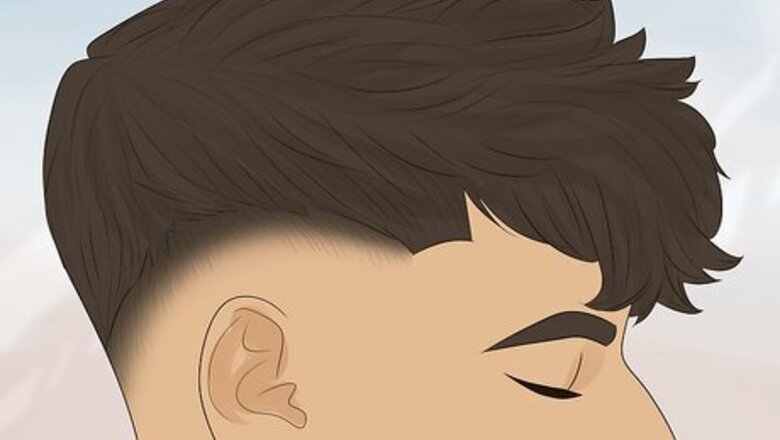
views
Are fades haram?
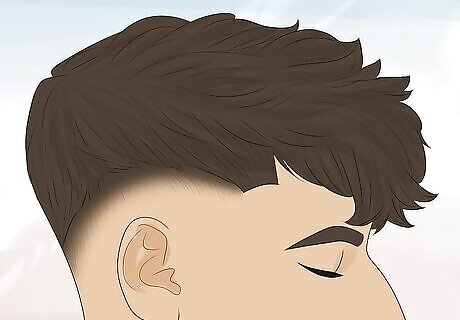
Some say fades are haram while others say they're allowed (but disliked). Whether fades are haram or not is a matter of ongoing debate. Some believe fades are haram (forbidden) because, based on the Islamic definition, they can be considered Qaza, which is a forbidden haircut where areas patches of hair are cut to different lengths. Fades with a drastic contrast in length are more likely to be considered haram. Others believe fade haircuts are just makruh (discouraged, but not strictly forbidden). They're discouraged because of the slight resemblance to Qaza. Definitely considered haram: Mohawks, skin fades, modern mullets (due to the vast differences in length). Not typically considered haram: Shorter fades like low taper fades (because the difference in hair length isn't drastic). Intent also matters: A fade is haram if you get it to imitate other people or cultures, especially those that are hostile to Islam. Ask your Imam or Sheikh for clarification if you’re unsure of how fades are viewed in your community.
Are fades the same as Qaza?
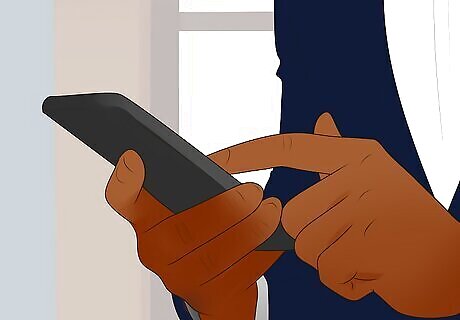
It depends on who you ask, but fades generally aren’t the same as Qaza. Formally known as Al-Qaza, Qaza is a haircut where the head is shaved in some spots and grown out in others. Depending on the Islamic scholar and how they interpret the definition of Qaza, a fade may be considered Qaza because it involves shaving certain parts of the head and leaving others longer. That said, Qaza typically refers to a specific haircut with drastic patchy or uneven spots. Fades are tidy and neat, with gradual length increases cut with precision. The overall look is totally different. Prophet Muhammad explicitly forbade Qaza after seeing a boy whose hair had been partially shaven. According to the Hadith, once he saw the boy, he said “Shave all of it, or leave all of it.”
Are tapers haram?
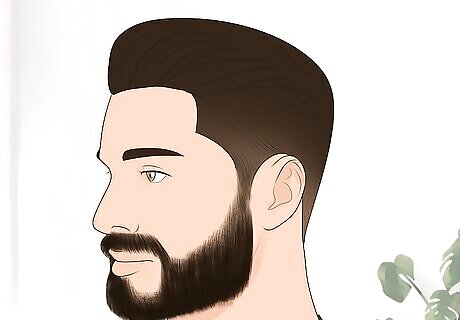
Tapers are considered halal, as the difference in length isn’t drastic. Qaza tends to be the deciding factor for whether or not a style is haram. The general rule of thumb is that if the cut resembles Qaza and is shaved in certain sections and grown out in others, then it’s haram. When you look at tapers, though, the sides aren’t shaved down as drastically as fades, and the length changes aren’t random, so they typically aren’t considered haram. The length of the taper is also a huge deciding factor here. High and mid tapers tend to have more dramatic length differences, which is where they can start resembling Qaza Some Muslims may still consider it Qaza depending on how they interpret the definition, so reach out to your Imam or Sheikh for clarification to see how your local community views tapers before you get one.
Haram vs. Makruh
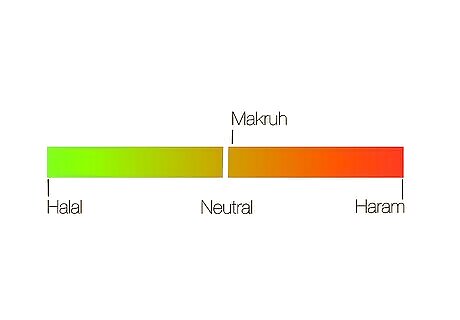
Haram refers to something forbidden, while makruh means disliked. According to Islam education expert and motivational speaker Belal Elkadri, “Haram means that things are prohibited. There are certain things that we as Muslims don’t do.” Makruh, on the other hand, refers to things that are strongly looked down upon in Islam. You won’t get bad deeds for something makruh, but it still tends to be frowned upon by other Muslims. According to Elkadri, “The Prophet Muhammad said, “Stay far away from those shaded areas where it could be disliked but it's borderline haram.” You don't want to fall into that trap of haram.” Haram Examples: Lying Gambling Stealing Engaging in adultery Engaging in violence Cursing Eating pork Smoking weed Drinking alcohol Doing mind-altering drugs Makruh Examples: Eating garlic before going to the mosque Wasting water Belittling others Chewing gum or tasting food without swallowing when you fast Eating horse meat Excessive sleeping
What makes haircuts permissible in Islam?
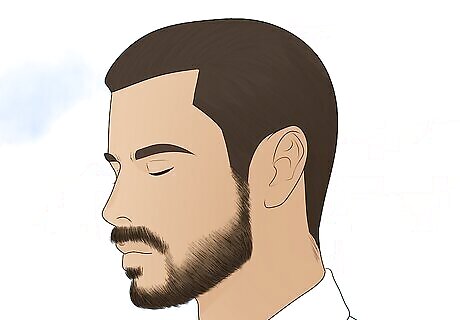
As long as your haircut is evenly cut, it’s halal (permissible). In Islam, halal permissible haircuts include those that are evenly cut, modest, and aren't worn to imitate non-believers or immoral people. If a haircut involves shaving or the use of clippers, it may wander into haram territory.



















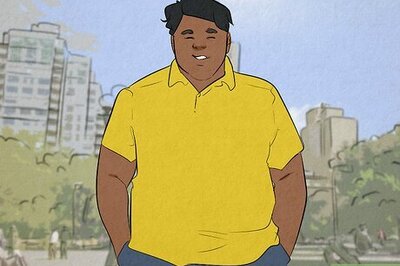
Comments
0 comment